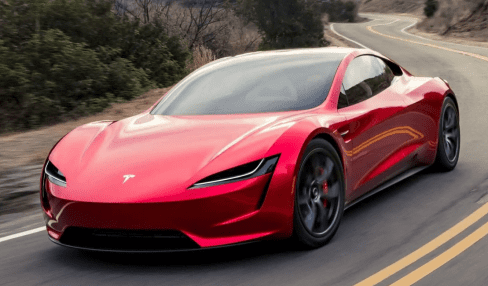Microsoft Ending Support For Windows 10 Could Send 240 Mln Pcs To Landfills – Report
22 December 2023
2 Mins Read

toc impalement
Microsoft’s decision to phase out support for Windows 10 may lead to the disposal of approximately 240 million personal computers, potentially exacerbating electronic waste concerns, as reported by Canalys Research. The discarded PCs could contribute to landfill waste, estimated to weigh around 480 million kilograms, equivalent to the mass of 320,000 cars.
Although many PCs may remain functional beyond the end of the operating system (OS) support, Canalys warns that the demand for devices lacking security updates could decline. Microsoft has announced plans to provide security updates for Windows 10 devices until October 2028, with an undisclosed annual fee.
Canalys suggests that if the pricing structure for extended Windows 10 support follows historical patterns, transitioning to newer PCs might become a more cost-effective option, potentially leading to a surge in the disposal of older PCs.
Microsoft’s objective is to cease support for Windows 10 by October 2025. The anticipated next generation, Windows 11, set to integrate advanced artificial intelligence technology, may provide a boost to the sluggish PC market.
Microsoft has not yet commented on the environmental impact of disposing of devices incompatible with Windows 11. However, the recycling of hard drives from personal computers and data storage servers can contribute valuable materials for applications such as electric vehicle motors and renewable power generation. Noveon Magnetics Chief Commercial Officer Peter Afiuny underscores the potential to repurpose end-of-life computers into magnets, supporting sustainable technologies like electric vehicles and wind turbines.
Afiuny notes that hard drives are often discarded prematurely, resulting in an excess of rare earth magnetic material waste. On a positive note, battery recycling firm Redwood Materials highlights that batteries can undergo nearly infinite recycling, recovering metals like lithium, cobalt, nickel, and copper. This sustainable approach aligns with the growing global demand for electricity.
Read Also:


















Comments Are Closed For This Article